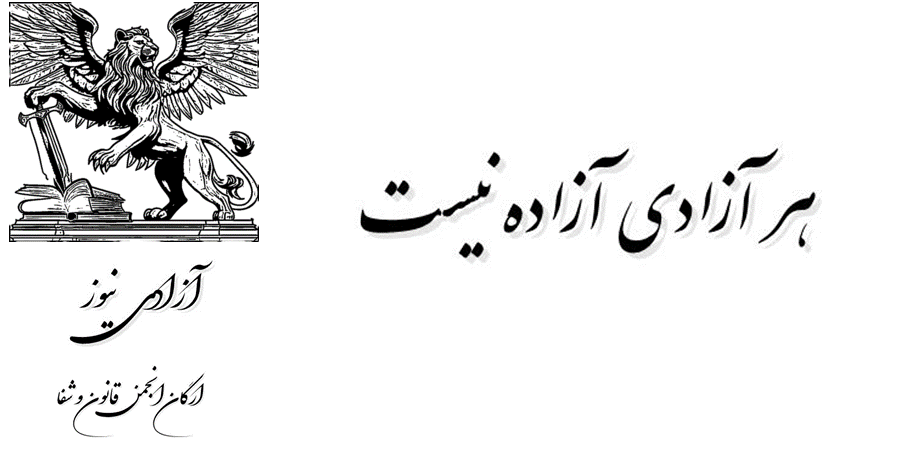The following interview was conducted with Dr. Amirali R. Davoudpour (Ph.D., LLM.), editor and financial supporter of the AzadiNews magazine (Social Democrat), who is currently involved in a legal dispute in the European Union over the sabotage of intellectual properties related to two scientific projects in Germany and Poland. Dr. Davoudpour commenced his studies in the European Union in 2010 and completed his first doctoral project in the field of biophotonics at the University of Würzburg, Germany, in 2015. He began his second doctoral project in 2018 and completed it in 2022 at the University of Adam Mickiewicz in Poland. However, due to disagreements with his colleagues, he initiated legal proceedings, personally representing himself in courts in Germany and Poland.
Dr. Davoudpour, thank you for the time you have dedicated to this interview. What is your general opinion regarding intellectual property rights, particularly from a political perspective, for Iranian students in the European Union?
Hello and greetings. In the current system of higher education in the European Union, specifically under doctoral programs, students are obligated to carry out the research objectives defined by their supervisors. Since the research proposal cannot be validated before fulfilling the commitments and conducting the essential experiments, there is a possibility that the projects may have fundamental flaws, leading to the dissemination of inaccurate information and scientific misconduct in publications, which could cause significant harm to the researcher.
Could you explain what these significant damages might be?
Imagine a student spending several years researching a project fruitlessly, only to find out that the project was flawed from the beginning or not executable within a limited timeframe due to incorrect assumptions made by the supervisors. Furthermore, envision that after several years of publishing articles, the supervisors attribute misconduct or data errors to the researcher, absolving themselves of responsibility.
Can you explain what legal disputes you are involved in?
Yes, after conducting supplementary examinations, I realized that some of the assumptions did not correspond to reality, which was communicated to my colleagues (project designers), leading to legal disputes and conflicts. Additional information that I obtained represented cases of civil misconducts according to accepted legal frameworks
What is your estimate of damages resulting from the legal dispute?
The estimated damages are approximately one million euros. Part of the legal disputes involves administrative and civil disagreements that cannot be financially assessed.
Could you share your legal experience in the European Union, especially in Germany and Poland?
The judicial system of the European Union has a nearly complete legislative framework. However, the main problem arises during the implementation of the law by law enforcement authorities and the execution of legal provisions by laypersons. Individuals who are unaware of their intellectual and material rights, especially foreign individuals, are likely to have their rights disregarded by law enforcement, creating suspicion of discrimination and racism.
Could you elaborate more on the suspicion of racism and discrimination?
Yes, law enforcement officials, especially regarding organizational matters, may overlook the rights of temporary employees or individuals with limited residency, ultimately resulting in the violation of their rights. Additionally, the lack of familiarity with the local language exacerbates the situation.
What legal strategies have you adopted for your legal defenses?
By establishing the Irapolská Legal Firm and creating a legal persona, I personally endeavored to defend my intellectual and material rights. The organizational work experience in the European Union provided an opportunity for me to become acquainted with the fundamental flaws and the violation of the rights of foreign nationals. In Irapolská, in collaboration with foreign lawyers, we have become familiar with defense strategies, and ultimately, to reduce legal costs in the European Union, especially in countries that do not provide legal insurance, we give complainants the opportunity to personally engage in legal defense.
